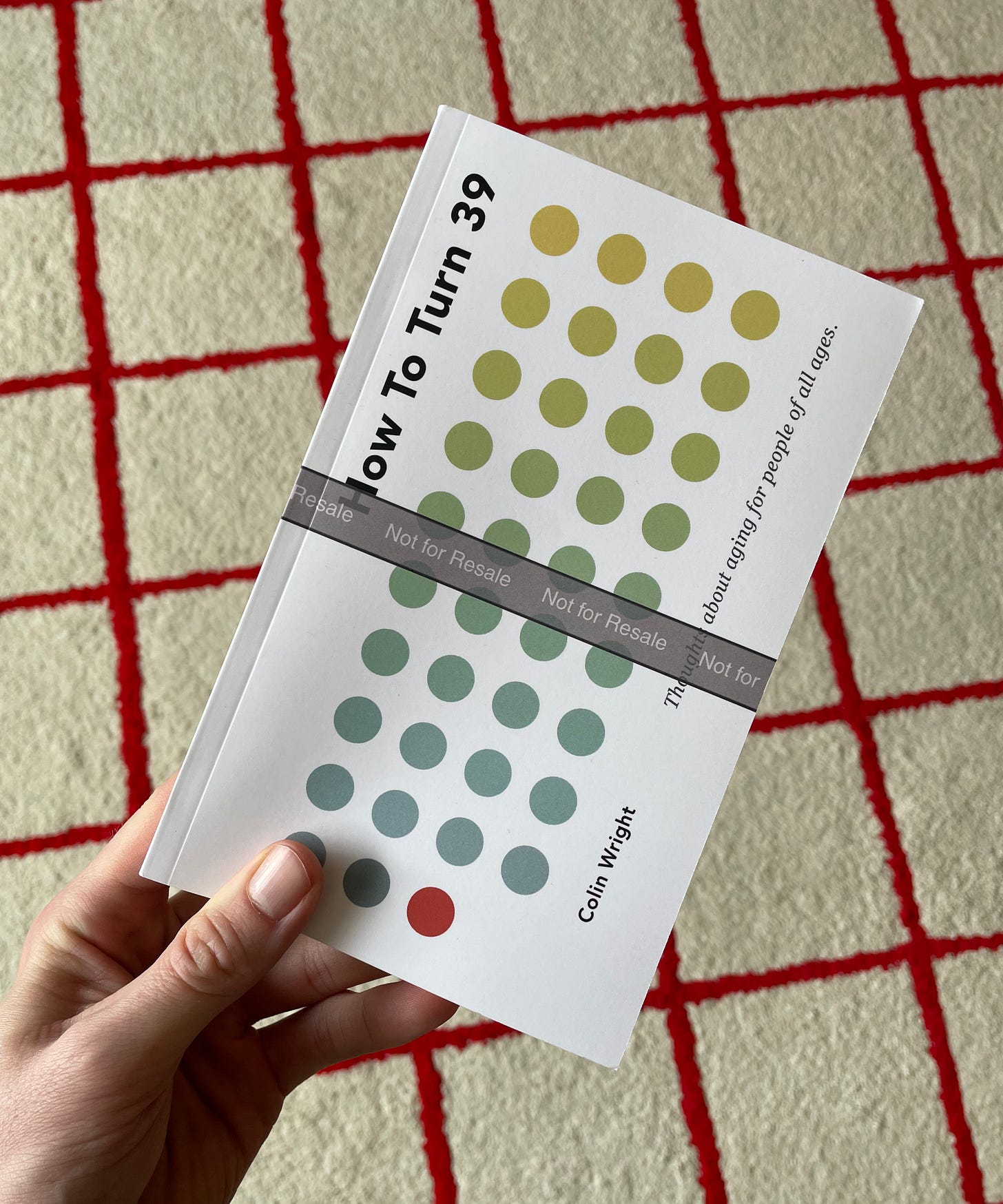Enabling Structures
March 27, 2024
Current location: Milwaukee, Wisconsin, USA
Reading: Meet Me by the Fountain: An Inside History of the Mall by Alexandra Lange
Listening: The Feminine Urge by The Last Dinner Party(if you have a moment, reply with your own 3-item status via email or in the comments)
Enabling Structures
It’s vital, I think, to give ourselves space, time, and energy to process difficult moments, to cope with cumbersome realities, and to undertake the (at times ponderous) process of healing, rebuilding, and accepting.
That said, I also think it’s possible to overcompensate so that we’re so laden with support systems and slathered with metaphorical exoskeletons that we lose our capacity (and/or sense of our capacity) to do, grow, overcome, and flourish under our own steam.
We’re all unique people with different attributes and varying ceilings and floors (in terms of our capacities and capabilities), and we’re all acting under the weight of different hindrances and hobblings.
Alongside those internal realities, some of us will also be born into circumstances that are artificially limiting, while others will be blessed with relative wings—these benefits and burdens having nothing to do with our inherent worth, and everything to do with random, uncaring happenstance.
So we need these sorts of structures in our lives, and some of us will need more (and more potent versions) of them than others. And we’re frankly fortunate to have access to such an abundance of options in this regard, even if these buttresses are imperfect, and access to them is uneven.
That said, whatever our chance-imbued circumstances, we ideally seek out and adopt augmentations that help us do the things we care about, live the lives we want to live, and become the people we’d like to be while also maintaining a sense of which supplementary scaffoldings will amplify what’s there—making us mightier and more capable over time—and which will replace (and consequently, enfeeble) aspects of ourselves we don’t want to lessen.
Anything we use to enhance our capacities (or dilute our weaknesses) can lean one way or the other, from the implements we wield, to the relationships we maintain, to the habits and rituals that help shape our days.
This is an especially pressing matter right now, though, at a moment in which systems capable of generating convincing images, videos, writing, games, and other such (until now, mostly human-made) devisings are becoming commonplace.
Powerful automation can serve us (and society) in countless ways, but such tools can also enhance or diminish us depending on how we choose to leverage and incorporate them (or not) into our lives.
Such apparatuses can be used like exercise equipment at the gym, working our bodies in new and interesting (and broadly beneficial) ways, or they can become something like muscular robot arms, lifting our burdens for us (yay!) but depleting our strength and capacity as a consequence (boo!).
In some cases, then, we’ll genuinely benefit from external supports that reduce our strain and grant us additional powers.
In others, though, the short-term benefits of such liberation will wane in comparison to the more significant and long-term diminutions we suffer.
Interesting & Useful
A map that shows nearby things that have Wikipedia entries, with links to those entries.
When Can I Reuse This Calendar?
An ultra-specific reuse guide for calendars that tells you when a calendar from a given year can be used again, with the right numbers lining up with the right days (2024 calendars, for instance, can be used in 2052, 2080, and 2120, and if you have a calendar from 1912, 1940, 1968, or 1996, you can use it this year and everything will line up nicely).
The Most Populous Cities in the World, from 3000 BCE to Today
Interesting video showing the size of cities as they arose around the world, across time.

Outro
I’ve ordered the next proof for my book, and as I iterate through design and formatting tweaks, I’m trying to figure out what to do in terms of promotion.
My inclination is to keen things simple, as I’ll be doing all of this myself and I’d like to develop a model that’s both replicable (for future books) and not annoying (for me or anyone else), and a lot of PR and marketing stuff simply isn’t my cup of tea.
So I’ll probably go on some podcasts, share some chapters from the book, and get some copies out to people who will be likely to share it with their audiences. But beyond that I’m hoping that pre-sales will help juice the relevant algorithms so the book gets in front of more people, and that I can mostly rely on word-of-mouth (which has been the case for my earlier books, too, though tours and other sorts of promo helped grab attention too, in some cases).
We’ll see how it goes. I’m entering another period of enthusiastic book-writing, so I’d like to get this right, but this is also my first book in years, so I suspect a lot of what I think I know about how this aspect of the industry works is outdated, at this point, which means I’ll stumble a fair bit until I arrive at a new, serviceable default.
How have you been, lately? What have you and yours been up to? Tell me what’s been up, or take a moment to introduce yourself—I respond to every message I receive and would love to hear from you :)
Prefer stamps and paper? Send me a letter, postcard, or some other physical communication at: Colin Wright, PO Box 11442, Milwaukee, WI 53211
Or hit me up via the usual methods: Instagram/Threads, Twitter, Facebook, YouTube, or collection of 1980s-era commercials.

